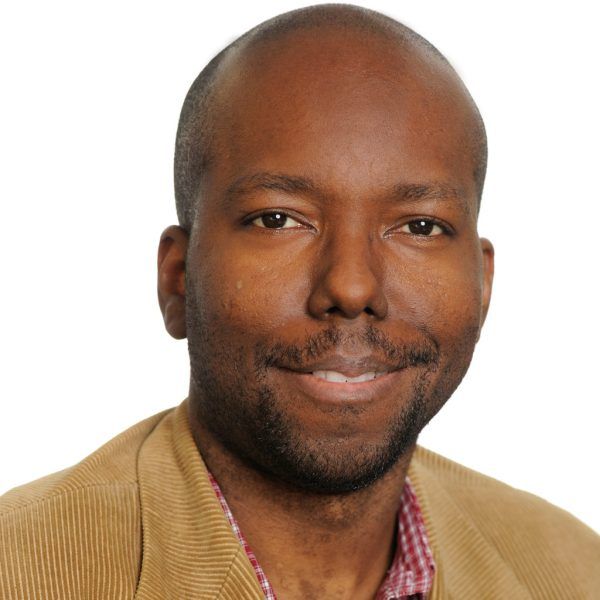Mary Catherine Beach, MD, Honors her Friend, Carlton Haywood Jr, PhD
Beach shares about Haywood's life, research, and impact on the sickle cell disease community after working alongside him at Johns Hopkins School of Medicine.
Unfortunately, on December 31, 2021, the sickle cell disease (SCD) community lost Carlton Haywood, Jr, PhD—a warrior, a researcher, and a friend.
Haywood was an assistant professor in the Division of Hematology at the Johns Hopkins School of Medicine, part of the core faculty at the Johns Hopkins Berman Institute of Bioethics, as well as the Welch Center for Prevention, Epidemiology, and Clinical Research.
As an individual living with sickle cell disease, Haywood focused his studies and career on understanding the variety of obstacles that present to people with the disease, in hopes of improving the quality of life for everyone in the community.
Mary Catherine Beach, MD, MPH, worked alongside him as a Professor of Medicine, Johns Hopkins School of Medicine, Core Faculty, Johns Hopkins Berman Institute of Bioethics, and a Professor, Department of Health, Behavior and Society, Johns Hopkins Bloomberg School of Public Health.
Beach shared that Haywood was committed to speaking to patient advocacy groups, no matter how much travel was involved.
"He was selfless in the way he prioritized his life," Beach said. "He would really try to meet every request that was made of him from patient advocacy groups across the country to plenary presentations."
For his dissertation, Haywood presented 1 of the first studies to thoroughly examine the construct of trust among sickle cell disease patients and clinicians, and that was only the start for him.
Beach and Haywood became research partners early in his career. They collaborated on studies that evaluated respect and communication dynamics between patient and clinician, specifically in regards to those with sickle cell disease.
Early on, they conducted a systematic review together to examine the quality of care for patients with sickle cell disease. An abundance of studies all revealed the same thing: clinicians had negative attitudes toward the patients, who would experience incredible amounts of pain and distress.
"(We) came to the conclusion at some point, you know, a few years ago that we don't need more studies demonstrating that the quality of care for people with sickle cell disease is inadequate," Beach explained.
"We don't need to demonstrate that this is a problem anymore," she continued. "We need to fix it."
Carlton Haywood, Jr, PhD

Haywood experienced the extreme pain and medical complications that came with sickle cell disease throughout his life.
In spite of dealing with the adversity of the disease, Beach emphasized how insightful, smart, thoughtful, and important his work was.
She remembers him for his perseverance.
"He persevered through all of that," she said, "to bring the message and do the work that he thought would help other people with sickle cell disease."